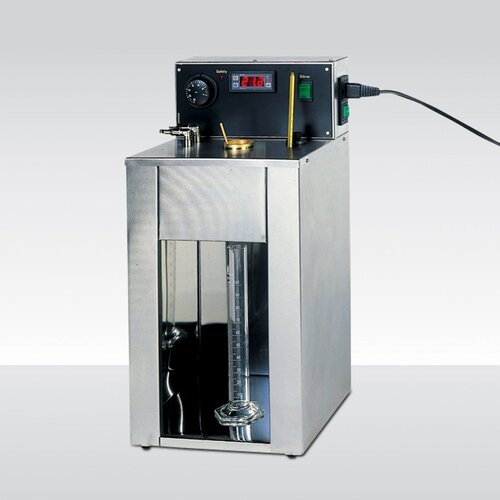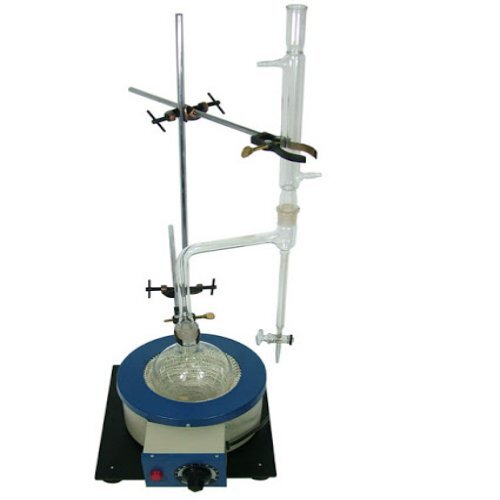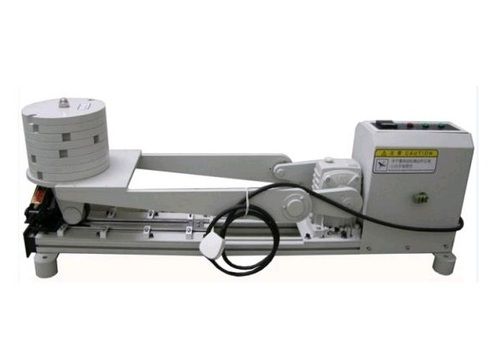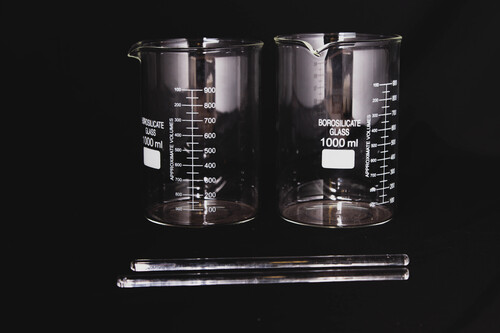Hardness Tester for Bitumen Mastic Asphalt
Price 1.00 INR/ Piece
Hardness Tester for Bitumen Mastic Asphalt Specification
- Usage
- Bitumen Testing Equipment
- Dimension (L*W*H)
- 860 X 365 X 625 ( L X W X H ) MM
- Product Type
- Bitumen Testing Equipment
- Weight
- 80 Kilograms (kg)
- Equipment Materials
- Power Coated / Painted / Chrome Plated
- Voltage
- 220 Volt (v)
- Application
- Hardness tester for Mastic Asphalt has been fabricated to meet the essential requirements of IS 1195 - 1968 in finding out the Hardness Number of mastic asphalt.
- Warranty
- 1 Year
Hardness Tester for Bitumen Mastic Asphalt Trade Information
- Minimum Order Quantity
- 1 Piece
- FOB Port
- Ahmedabad
- Supply Ability
- 150 Pieces Per Month
- Delivery Time
- 4 Week
- Sample Policy
- Contact us for information regarding our sample policy
- Packaging Details
- Wooden Box / Corrugated Box
- Main Domestic Market
- All India
- Certifications
- ISO 9001 : 2015
About Hardness Tester for Bitumen Mastic Asphalt
Compliance With Following National / International Standards:
IS : 1195-1968
Hardness tester for Mastic Asphalt has been fabricated to meet the essential requirements of IS 1195 - 1968 in finding out the Hardness Number of mastic asphalt.
Further details available on our website.
Price and specifications mentioned here are subject to change as per the application, customer requirements and prevailing market conditions. Please refer to us for the final rates and offer.
Precise Hardness Measurement
Engineered specifically for mastic asphalt, this hardness tester reliably determines the hardness number, helping professionals comply with IS 1195 - 1968 specifications. Its meticulous design and stable build ensure consistent, repeatable results in every test.
Durable Construction for Long-Term Use
The equipments structurecrafted from powder-coated, painted, or chrome-plated materialsguarantees exceptional durability and resistance to wear. Its robust design supports heavy laboratory usage and withstands demanding industrial environments, ensuring longevity and reliability.
Ideal for Laboratory and Industrial Applications
With its standardized dimensions and robust weight, the hardness tester is suitable for both laboratory and field use. It accommodates varied testing requirements within bitumen and mastic asphalt industries and is widely supplied, exported, and serviced across India.
FAQs of Hardness Tester for Bitumen Mastic Asphalt:
Q: How is the Hardness Tester for Bitumen Mastic Asphalt used to determine hardness?
A: This tester is specifically designed to measure the hardness number of mastic asphalt by applying controlled force according to IS 1195 - 1968 standards. The user places the prepared sample within the testing area and initiates the operation, allowing the device to provide repeatable hardness readings.Q: What types of voltage options does the tester support?
A: The tester operates efficiently at both 230 Volt and 220 Volt inputs, ensuring flexible compatibility with standard electrical supplies found in laboratories and industrial settings across India.Q: When should the mastic asphalt hardness be tested using this equipment?
A: Hardness testing is recommended during production, quality control, and post-installation evaluation stages to ensure the mastic asphalt meets specified performance standards and regulatory requirements outlined in IS 1195 - 1968.Q: Where is this hardness tester most commonly used?
A: It is widely used in bitumen testing laboratories, research facilities, highway authorities, and industrial environments within India, supporting testing activities for exporters, manufacturers, service providers, and suppliers.Q: What is the process involved in conducting a hardness test with this equipment?
A: The process involves preparing a mastic asphalt sample, positioning it within the tester, and activating the device. The machine applies force and digitally displays the hardness number, allowing accurate comparison with standard benchmarks.Q: What are the benefits of using this hardness tester for mastic asphalt?
A: Utilizing this tester ensures accurate, reliable, and repeatable measurements of asphalt hardness, facilitating compliance with national standards, enhancing quality assurance, and extending the operational life of road surfaces and construction materials.Q: How does the construction material contribute to the durability of the device?
A: The equipment is constructed using powder-coated, painted, or chrome-plated components, providing excellent corrosion resistance and withstanding continuous usage in rigorous environments, ensuring long-term operational integrity.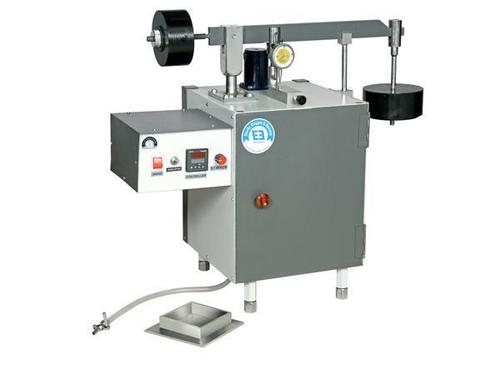
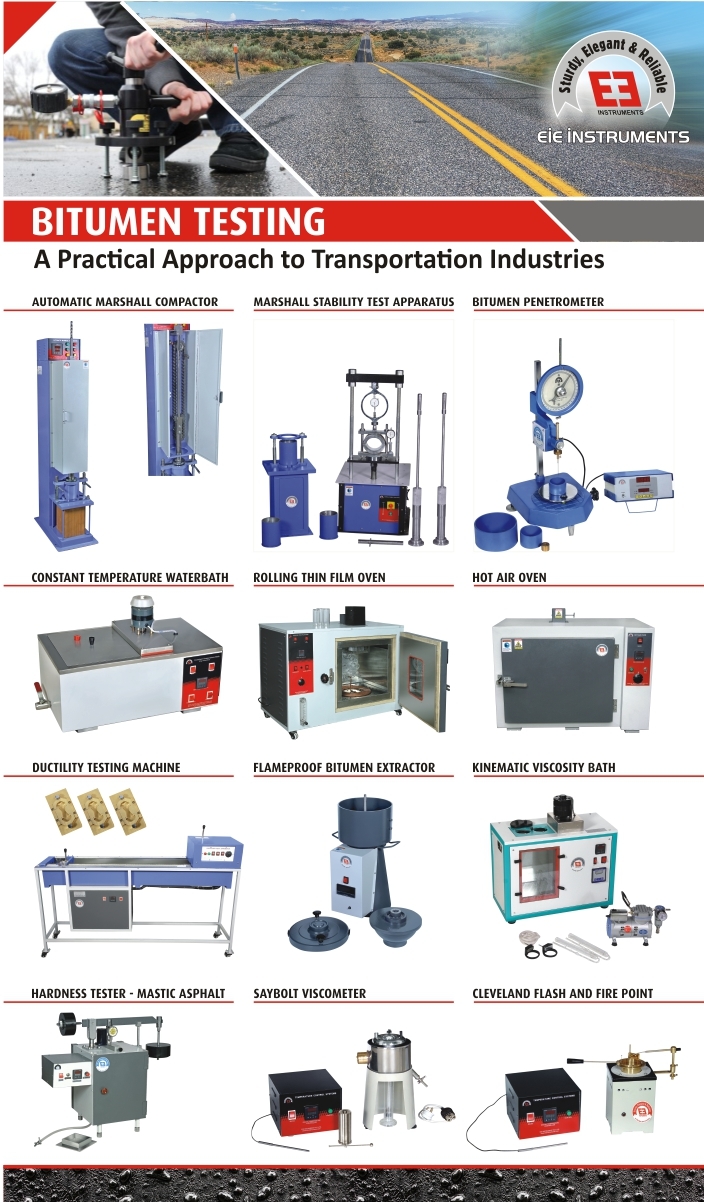

Price:
- 50
- 100
- 200
- 250
- 500
- 1000+
More Products in Bitumen Testing Equipments Category
Tar Viscometer Digital with Motorized Stirrer
Price 1.00 INR / Piece
Minimum Order Quantity : 1 Piece
Application : Bitumen and Asphalt Testing
Product Type : Tar Viscometer
Dimension (L*W*H) : 445 X 290 X 550 (L X W X D) mm
Usage : Bitumen Testing Equipment
DEAN AND STARK APPARATUS FOR BITUMEN
Price 1.00 INR / Piece
Minimum Order Quantity : 1 Piece
Application : Determination of water content in bituminous material
Product Type : Dean and Stark Apparatus for Bitumen
Dimension (L*W*H) : Approx. 300 mm x 180 mm x 500 mm
Usage : Bitumen Testing Instrument
LOAD WHEEL ROLLING TESTER
Price 1.00 INR / Piece
Minimum Order Quantity : 1 Piece
Application : Testing Wheel Load and Rolling Effect on Materials
Dimension (L*W*H) : 1300 x 800 x 1450 mm
APPARATUS FOR DETERMINATION OF RESIDUE ON EVAPORATION
Price 1.00 INR / Piece
Minimum Order Quantity : 1 Piece
Application : FOR DETERMINATION OF RESIDUE ON EVAPORATION
Product Type : APPARATUS FOR DETERMINATION OF RESIDUE ON EVAPORATION
Dimension (L*W*H) : Customized / As per Standard Specifications
Usage : Bitumen Testing Equipment
 |
EIE INSTRUMENTS PVT. LTD.
All Rights Reserved.(Terms of Use) Developed and Managed by Infocom Network Private Limited. |

 Send Inquiry
Send Inquiry
